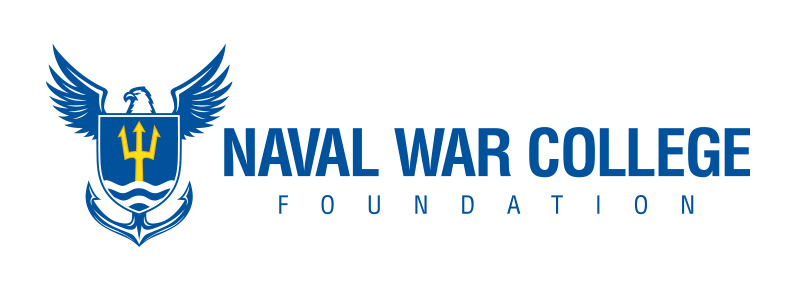Colin L. Powell was a great American. A brilliant soldier, statesman and patriot, he devoted his life to public service, and he cherished the United States, his family and his many friends. While acknowledging America’s challenges, he drew inspiration from its noble purpose and promise. “America remains the last best hope of Earth,” he said in his 1994 Howard University commencement address “You are its inheritors, and its future is today placed in your hands.”
The trajectory of his life—from humble beginnings as a Jamaican immigrant’s son growing up in the Bronx to the highest levels of government—is a true American dream. His extraordinary career was marked by high achievement and lasting accomplishment. A professional soldier for 35 years, he led troops in combat during the Vietnam War. Powell subsequently became the national security adviser to President Reagan, a four-star general, and commander of the U.S. Army Forces Command.
The Reagan Institute describes his advice as “indispensable to many of President Reagan’s foreign policy triumphs—most significantly, bringing a peaceful end to the Cold War.” This was a true diplomatic masterpiece, ushering in a new global-security architecture and decades of American strategic pre-eminence. Powell also played a pivotal role in aligning U.S. military strategy with the changed geopolitical environment.
In 1989 President George H.W. Bush selected Powell as chairman of the Joint Chiefs of Staff. At 52, he was the youngest officer to serve in that position. In 2001 President George W. Bush appointed him as the first African-American secretary of state. Powell was the second person (after George C. Marshall ) to serve in both positions, at the pinnacles of the armed forces and of American diplomacy.
Powell’s national-security achievements spanned four decades. He helped the U.S. military put the trauma of Vietnam behind it, and he articulated what became known as the Powell doctrine–the notion that U.S. leaders should employ military force only when vital American national-security interests are clearly at stake and with widespread public support. He oversaw Operation Just Cause, which removed Panamanian dictator Manuel Noriega in 1989.
Powell is credited, along with the elder President Bush and Secretary of State James Baker, with the adroit military and diplomatic management of the coalition that ousted Iraqi forces from Kuwait during the 1991 Gulf War. His leadership was recognized with a Congressional Gold Medal and the Presidential Medal of Freedom. A second Medal of Freedom was awarded on his retirement.
As undersecretary of state for global affairs, I had the privilege of working with Secretary Powell. He was my friend and mentor. His direct, transparent and inclusive management style was effective in carrying out administration goals and boosting morale at the State Department. Preparing for President George W. Bush’s first foreign visit—to meet Mexico’s President Vicente Fox —Powell contacted the State Department’s Mexico desk officers and invited them to join him in briefing Mr. Bush. Employees appreciated his direct outreach, which ignored department hierarchy and engendered an esprit de corps in the building.
Colin Powell was a man of great humility and integrity. He is a true inspiration and a model not only for military leaders and diplomats but all Americans. In his 1981 inaugural address, President Reagan said, “Those who say that we are in a time when there are no heroes—they just don’t know where to look.” Colin L. Powell was a hero of our time. He will be sorely missed.
Ms. Dobriansky is a senior fellow at Harvard’s Belfer Center and vice chairman of the Atlantic Council’s Scowcroft Center. She served as Undersecretary of State for Global Affairs, 2001–09. Reprinted with permission.
